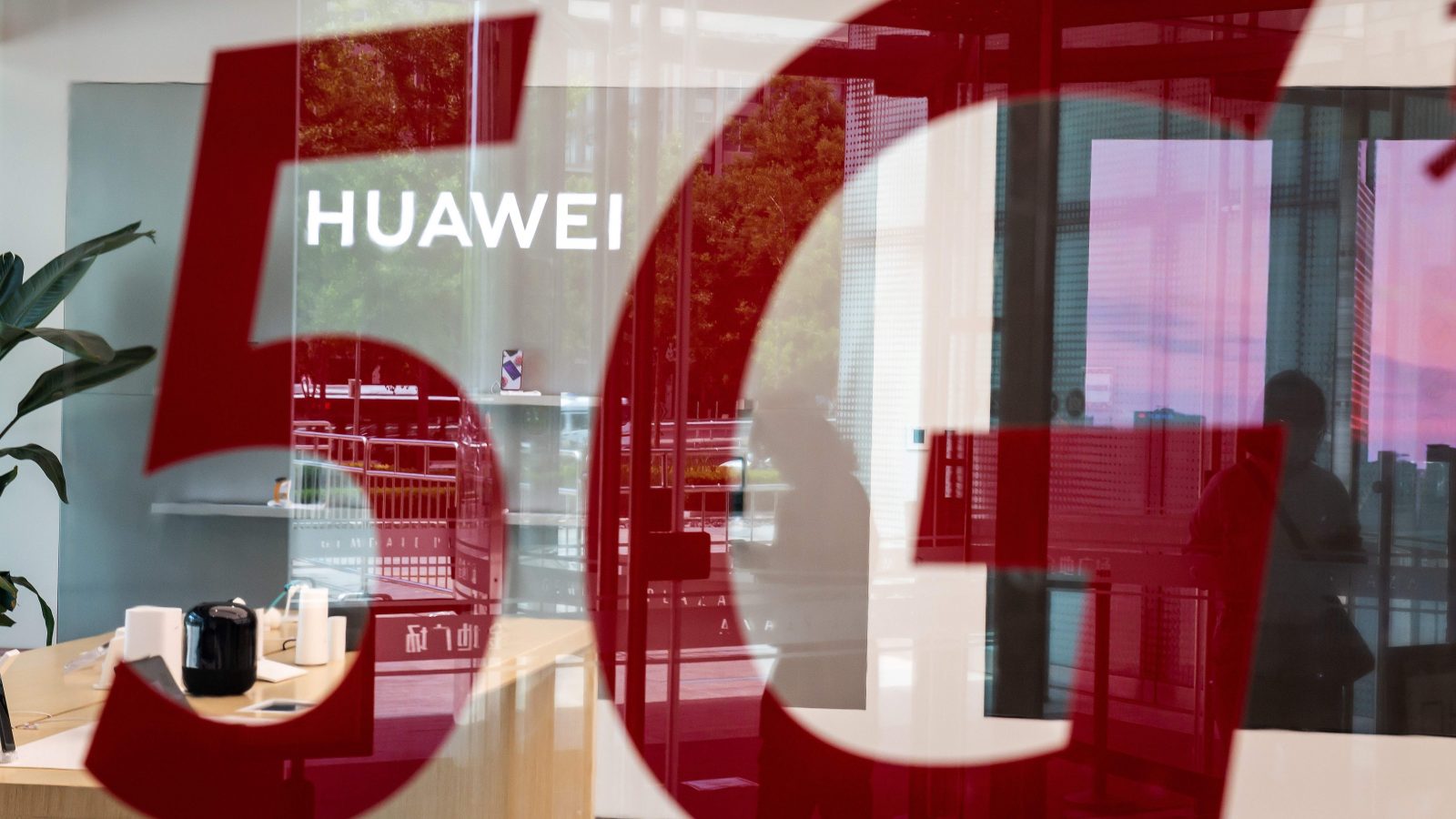
The problem isn’t remote working – it’s clinging to office-based practices
T here have been few moments in the history of work as pivotal as the one we find ourselves in now. It took a pandemic to normalise remote working, and, despite the fears of many CEOs, most organisations saw no demonstrable loss of productivity. Now, the global workforce is demanding its right to retain the autonomy it gained through increased flexibility as societies open up again. Pre-pandemic, it was not uncommon for an employer to ask staff to justify their need to work from home. Post-pandemic, employees may ask employers to justify the need to come into the office.
Yet many organisations are still resisting this more flexible future. They argue that employees’ wellbeing is compromised by remote working, and that unless they are brought back into the office, many more will suffer from “Zoom fatigue”.
But remote work itself is not the problem. The problem is that, though most office workers are currently working from home, the way we work is still inherently office-centric. For the past nine months, my team and I have been researching how maintaining this way of working in a remote environment is actually what is causing significant damage to employees. It’s never a good idea to force a square peg into a round hole. In today’s context, office-centric work is a square peg and the remote environment is a round hole.
Leave a Comment
Related Posts

A Single-Mother, Self-Taught Software Developer Living With Mental Illness Raises Concerns Over Apple’s Limited Remote-Work Policy
Comment
The Future Of Work Will Be Five-Hour Days, A Four-Day Workweek And Flexible Staggered Schedules
Comment



















